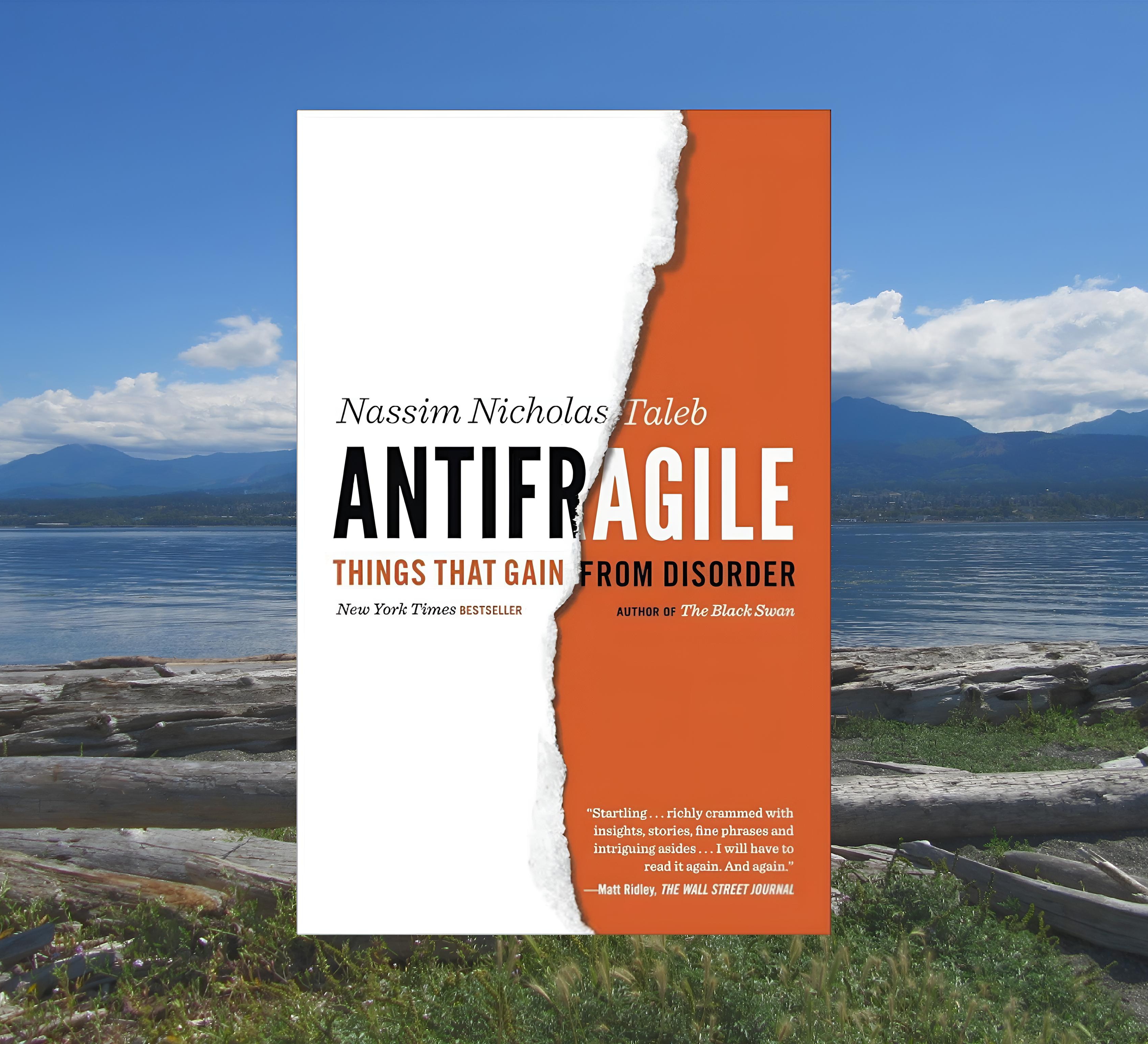Back
SHIV DIXIT
CHAIRMAN - BITEX IND... • 1y
📖 DAILY BOOK SUMMARIES 📖 🔗 DIRECT FREE E-BOOK DOWNLOAD LINK AVAILABLE — https://drive.google.com/file/d/1KS16KfOhPulx-BxrAf7GZKHgqNTwBLgo/view?usp=drivesdk 🔥 Antifragile 🔥 🚀 20 Lessons 👉 ✨ Nassim Nicholas Taleb ✨ 1. What is Antifragility ? • Antifragile refers to systems or things that benefit from disorder, volatility, and stress, becoming stronger rather than weaker over time. 2. Fragility vs. Antifragility • Fragile things break under stress, while antifragile things grow. Understand the difference to better navigate risk in life and business. 3. The Triad of Things • Things can be fragile, robust, or antifragile. Robust things are unaffected by stress, while antifragile things thrive because of it. 4. The Benefits of Volatility • Embrace volatility and uncertainty. These forces push growth and innovation, helping systems adapt and evolve. 5. Via Negativa: What to Remove • Sometimes, the best way to improve something is by removing what harms it. Focus on eliminating unnecessary elements rather than adding. 6. Antifragility in Nature • Nature is inherently antifragile; it thrives through stress, shocks, and randomness. Learn from natural systems for better decision-making. 7. Skin in the Game • People and systems must have “skin in the game” — be personally invested in the outcomes — to truly understand and manage risk. 8. The Barbell Strategy • The barbell strategy is about balancing safety with high-risk, high-reward options, avoiding the middle ground. 9. Redundancy is Key • Build redundancy into systems. Having backups and alternatives increases resilience and reduces fragility. 10. Antifragile Systems in Business • In business, create flexible systems that adapt to change rather than rigid ones that collapse under pressure. 11. The Importance of Optionality • Maximize options for future opportunities. The more choices available, the better you can respond to changing conditions. 12. Decentralization and Antifragility • Decentralized systems are often more robust because they allow for local adaptation to stressors rather than top-down control. 13. Antifragility in Medicine • The medical field should focus on prevention and resilience rather than simply reacting to disease and problems. 14. The Problem of Overintervention • Overintervening in systems can create fragility. Sometimes doing less leads to better long-term outcomes. 15. Complexity and Antifragility • Complex systems are more likely to be antifragile because they evolve through trial, error, and stress. 16. The Role of Luck • Recognize the role of randomness and luck. While we cannot control luck, we can shape environments where it works in our favor. 17. The Need for Optionality in Personal Life • Keep personal options open and flexible to increase resilience in the face of life’s uncertainties.

Replies (1)
More like this
Recommendations from Medial
Rohan Saha
Founder - Burn Inves... • 1y
Market volatility may escalate at present until the commencement of the next earnings season. Apart from the Nifty 50 and some sectors, all other sectors are positive. Moreover, the upcoming FOMC meeting in the next few days is of paramount importanc
See MoreDownload the medial app to read full posts, comements and news.
















/entrackr/media/post_attachments/wp-content/uploads/2021/08/Accel-1.jpg)


















